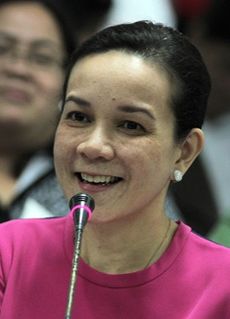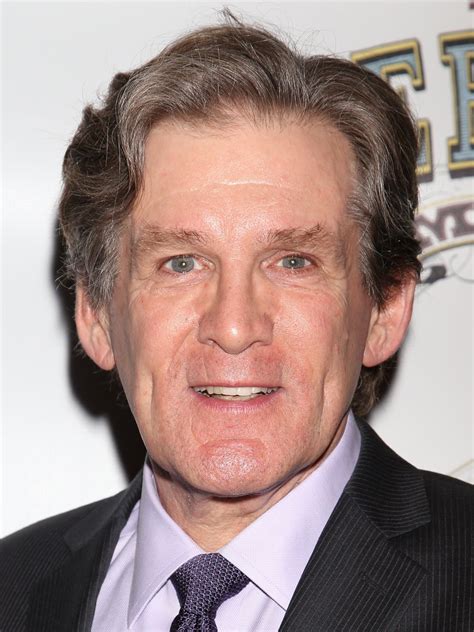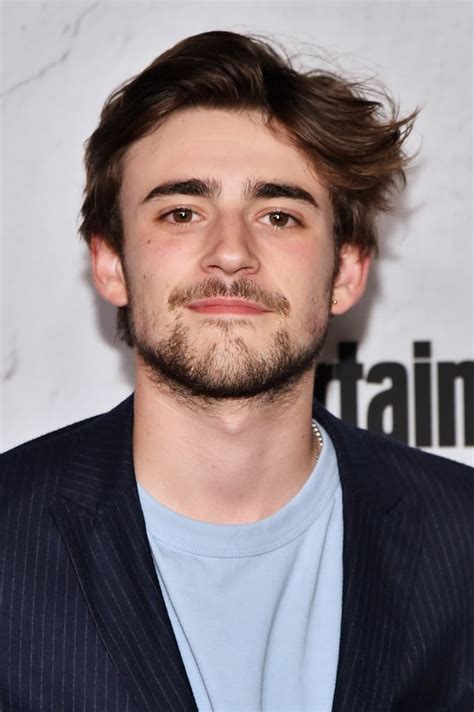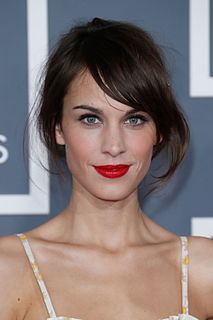A Quote by Joe Wright
I couldn't be a cameraman or a designer or an actor - I have to be a director because I learned how to do that from my dad.
Related Quotes
When I move from being a cameraman to being a director I looked at a lot of other cameramen who tried to make the move. And in each case they moved up their camera operator to be the DP, which really meant they didn't want to give up being the DP, and really wanted to do both. And my feeling was if I was going to succeed as a director, I had to just be a director and give up the safety net of being a cameraman.
The director is the most important because, ultimately, as an actor, when you watch a movie, it looks like an actor is giving a performance, and they kind of are. But, what's actually happening is that an actor has given a bunch of ingredients over to a director, who then constructs a performance. That's movie-making.
If you're a certain type of actor, then eventually stepping into a director's shoes is a natural transition. I've always been the actor who's very focused on the narrative, where my character is in the story, and how I can benefit the story. I've always had a technical aspect of what the lens is, how the camera is going to move, how I can feed the information the director applies within that move. If you're that type of actor, narrative-based, technically proficient, the next step is actually not that far.
I had done it all in my career. I always felt, as a kid, that that's what a director needed to be. Hitchcock could do anything in my mind. He's the director. That person has to be the best actor, the best designer, the best cinematographer. Then I came to realize that isn't the case. You just need to surround yourself with the best.
I don't think I can break down any doors, but I'm thinking, "Maybe I can be a cameraman, because I love the cameras." And the cameraman would show me how to thread the film, how to repair it, the lenses. That's when you become, like, goony goo-goo about it. You breathe and eat camera, and all of a sudden, you don't want anything else in the world. You finally know, "This is my calling." When you're passionate about something, it doesn't become work. It's art and it's fun. It's arduous, it's sweaty.






































